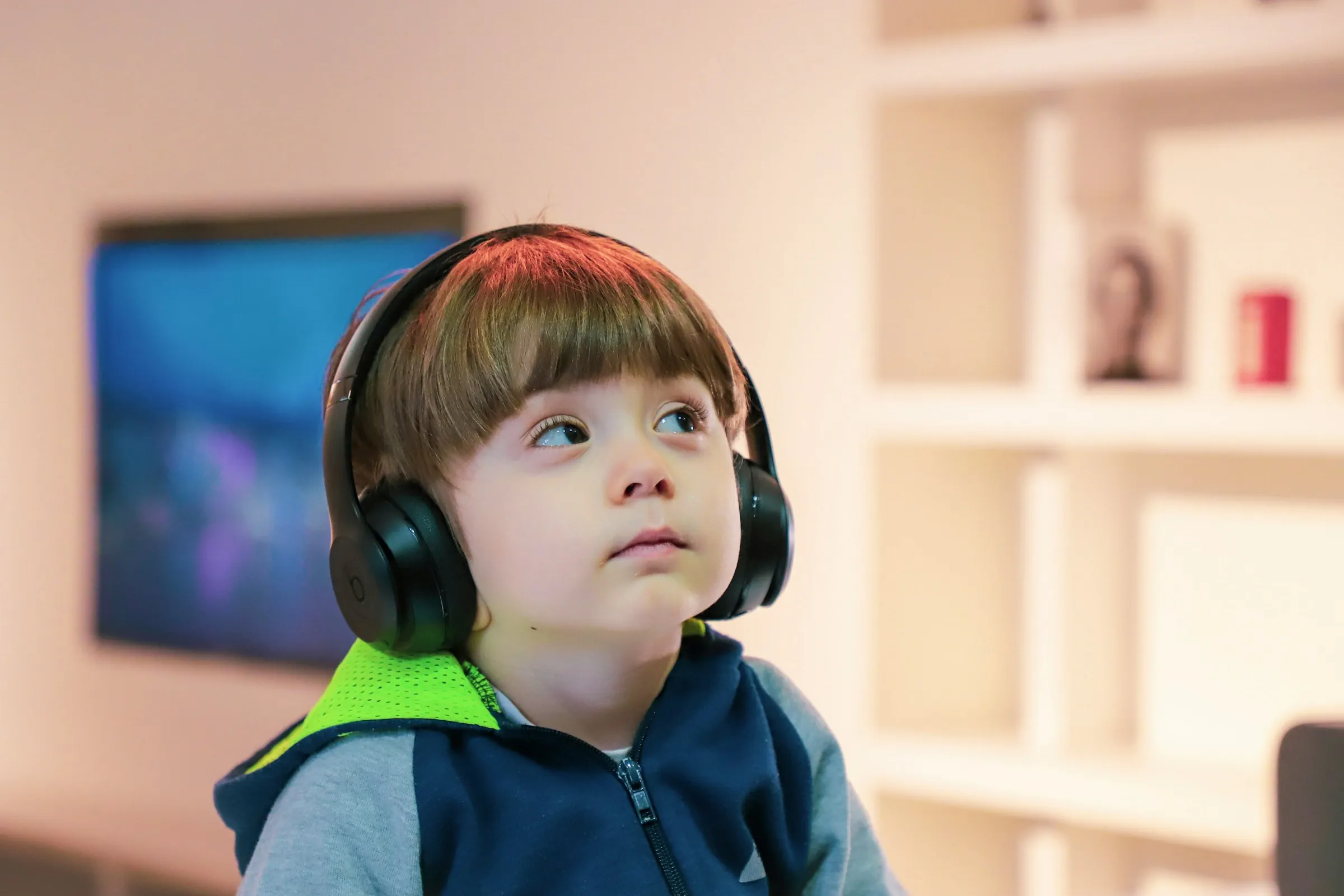

Understanding Autism
Signs vary. Struggles differ. Support matters.

Autism Spectrum Disorder isn’t a one-size-fits-all diagnosis - it affects individuals in deeply personal and varied ways. Whether it’s challenges with social connection, communication, emotional regulation, or adapting to change, autism can shape how a person experiences the world. At Lifegrowth, we specialize in identifying and supporting those differences through comprehensive evaluations and customized treatment plans. With decades of experience, our team walks alongside children, adults, and families to build connection, confidence, and lifelong skills.
“What are the signs of autism in adults? What are the early signs of autism in children?”
“What are the signs of autism in adults? What are the early signs of autism in children?”
Autism Manifests Differently in Every Individual
Autism is a spectrum, meaning symptoms and experiences vary widely. While some individuals struggle with rigidity—feeling there is only one correct way to do things—others experience high anxiety when required to adapt to new situations. In some cases, autism is manifest in perseveration, where a person becomes intensely focused on a single topic or idea. Gender plays a role in how autism shows up, too. Males often exhibit more noticeable social difficulties, while females may experience a persistent feeling of being different or misunderstood.
Autism Can Overlap with Other Conditions
Many symptoms of autism resemble those of ADHD, learning disabilities, and processing disorders. In some cases, symptoms of anxiety, depression, or trauma can mimic autism, leading to misdiagnosis. Because of these complexities, accurate diagnosis requires a thorough evaluation. At Lifegrowth, we assess executive functioning, social skills, and emotional well-being to ensure that each individual receives a personalized treatment approach targeting the true root of their challenges.
Autism Treatment is Individualized, Not One-Size-Fits-All
There is no single approach to autism treatment—it must be customized based on each individual’s needs. Our process starts with a thorough evaluation, including psychological testing, to identify the root causes of symptoms. Some adults or children may benefit from social skills training to improve relationships, while others need support in handling change and developing flexibility in their thinking. Executive functioning challenges—such as black-and-white thinking, organization, and problem-solving—are often addressed, with a focus on learning strategies that encourage adaptability and growth.

How Does Lifegrowth Help?
At Lifegrowth, we have over 40 years of combined experience in helping individuals and families cope with the unique challenges of Autism Spectrum Disorder. Parents, we understand the broad needs your child has from social and school to family dynamics and we match treatment and parental support with the unique personality and needs of your child. Adults, you can count on comprehensive support for your unique needs.
Whether its social skills, relationships, building tolerance for change or perspective-taking, we will help you build confidence, meaningful relationships, and improve your quality of life.

Frequently Asked Questions
Our Trained Counselors
At Lifegrowth, our counselors are highly trained professionals with expertise in Autism across all age groups. They use evidence-based approaches to help clients understand and manage their Autism effectively. With ongoing training and a commitment to personalized care, our team provides tailored strategies to address each client’s unique needs, fostering resilience and confidence.
Resources for Autism


I remember the first night my daughter stomped into the house, backpack still slung over her shoulder, declaring she’d rather do anything but homework. As a psychologist and brain coach, I knew this drama wasn’t just about math problems or spelling words—it was a clash of needs, expectations, and brain wiring. If you’re a parent or grandparent feeling stuck ... READ MORE


Drew Morrison and Dr. Carmen Morrison are mother and son and therapists at Lifegrowth Psychological Services. Together, they speak on topics combining wisdom from their professional practices and real-life. Today’s discussion is a must-read for working moms and dads navigating the often-turbulent teen years. Whether you feel at loggerheads with your teen or simply wish to build a more secure ... READ MORE


